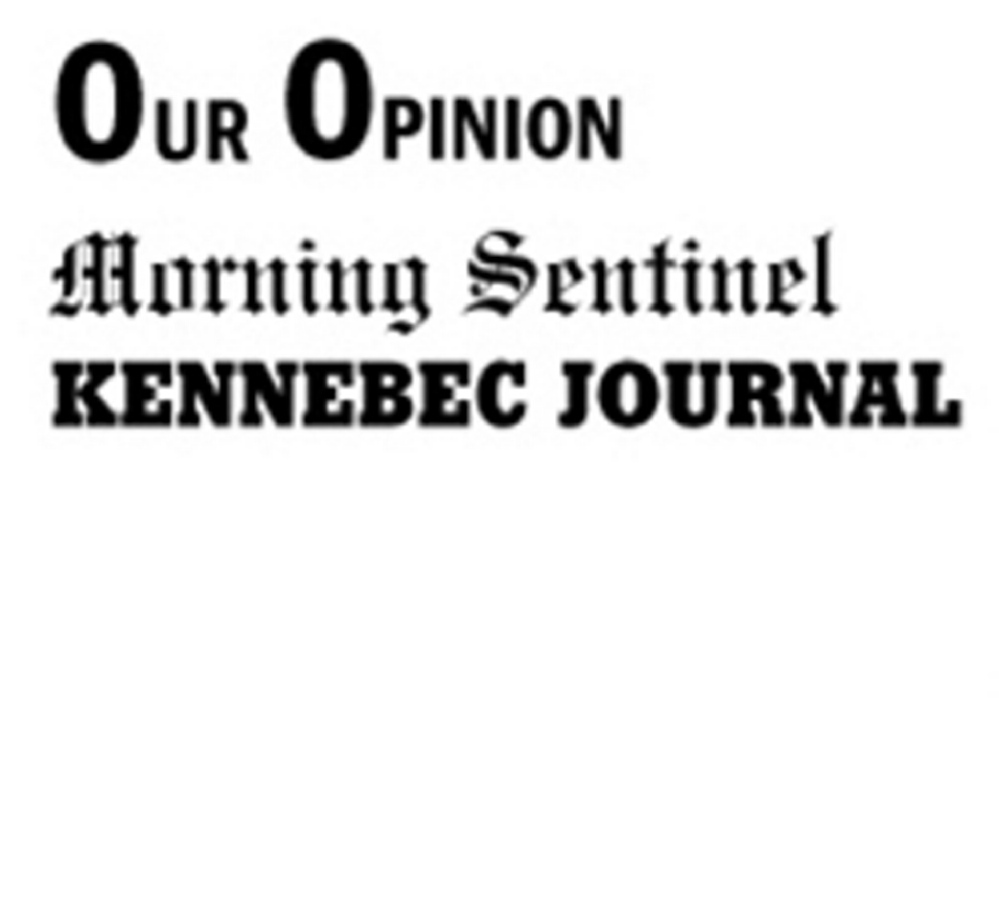Americans treasure free speech and the ability to share their opinions, but we understand that our vote is private. When we step up to fill in our ballot, sometimes behind a red, white and blue curtain, we do so knowing that our choice is ours alone, and who we voted for is nobody’s business unless we want to tell them.
That may be why so many Mainers felt violated this election season by a mailing from a mysterious group that purported to show their voting “report card” and conveying the veiled message that if they didn’t vote this election, their friends and neighbors could find out about it.
The tactic is called “social pressuring,” and it comes from a published Yale University political science study that suggested this strategy could be used to boost turnout. But at least in Maine, it set off alarms about invasion of privacy and violation of the sanctity of the voting booth.
What these outraged voters may not have known that lots of people know who votes. Anyone can go to a town hall and look at the voter list to see who shows up on Election Day, and any campaign can buy the state’s voter database and have a record of every voter in the state.
It was probably one of those groups that gave the social pressure group its information. We can’t know for sure because the authors of the mailing have obscured their identities with shell organizations and political action committees.
These mailers are a wake-up call for anyone who was offended by what feels like a violation of their privacy: Everyone ought to know by now that a tremendous amount of information about us is compiled by others and used for purposes completely separate from the one intended when it was collected. There are records of what we do, what we buy where we go and who we talk to. There are databases that penetrate much more deeply into our private lives than just the voter list.
The other thing we can learn from this episode is how inaccurate much of that information may be. Many of the people who received the mailing were just as upset about errors in the data as they were about the fact that the data exist at all.
In this age of information, privacy is being redefined. It is important that we all demand to know who is collecting information about us and how they plan to use it if we want to have any expectation of privacy at all.
Send questions/comments to the editors.



Success. Please wait for the page to reload. If the page does not reload within 5 seconds, please refresh the page.
Enter your email and password to access comments.
Hi, to comment on stories you must . This profile is in addition to your subscription and website login.
Already have a commenting profile? .
Invalid username/password.
Please check your email to confirm and complete your registration.
Only subscribers are eligible to post comments. Please subscribe or login first for digital access. Here’s why.
Use the form below to reset your password. When you've submitted your account email, we will send an email with a reset code.